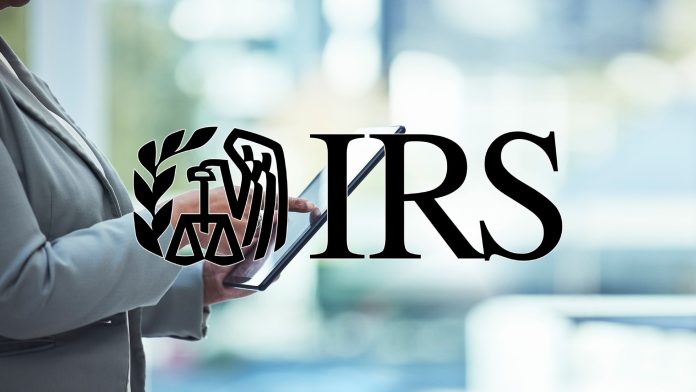With tax season approaching, small business owners need to be extra vigilant about whom they trust with their financial information. The Internal Revenue Service (IRS) has issued a timely reminder about the importance of carefully selecting a tax preparer, emphasizing that the stakes involve not just compliance, but also protecting oneself from potential identity theft and fraud.
While most tax professionals operate ethically and provide quality services, a minority engage in scams that can put clients at financial risk. Small business owners often have complex tax situations, making them particularly vulnerable to unscrupulous tax preparers. “Taxpayers are legally responsible for the accuracy of their income tax return, even if someone else prepares it,” warns the IRS, highlighting an essential responsibility that cannot be delegated.
One of the primary risks small business owners face is dealing with “ghost” preparers—individuals who refuse to sign tax returns as paid preparers. This practice is a significant red flag, as it may indicate fraudulent activity. Ghost preparers often promise large refunds or base fees on a percentage of the refund, tactics that can lead businesses down a perilous path. According to the IRS, legitimate tax professionals must sign returns and include their Preparer Tax Identification Number (PTIN). Small business owners should thoroughly vet their chosen preparer to ensure compliance with this requirement.
To aid business owners in choosing wisely, the IRS offers an array of resources. Notably, there is a dedicated webpage on Choosing a tax professional that includes tips on recognizing ethical preparers and understanding the different types available. Small business owners should assess their unique needs—ranging from personal tax history to the complexity of their business structure—when selecting a preparer.
Additionally, the IRS provides free tax preparation services through programs like Volunteer Income Tax Assistance (VITA) and Tax Counseling for the Elderly (TCE), aimed primarily at lower-income individuals and seniors. Business owners seeking assistance may find these programs beneficial, especially if they qualify, as they can prevent monetary strain during tax season.
When considering which tax preparer to hire, small business owners should keep a few essential factors in mind. It’s advisable to seek a preparer who is available year-round for follow-up questions after the busy tax season ends. A quick search on the Better Business Bureau website can reveal crucial information about a preparer’s history, including complaints or disciplinary actions, which can help in making an informed decision.
Furthermore, transparency regarding service fees is paramount. Business owners should avoid preparers who structure fees based on the size of the refund or offer to deposit funds into their own accounts—it’s critical that refunds are directed entirely to the taxpayer’s account. As the IRS notes, trusted preparers willingly engage in clear discussions about their charges.
Ownership of the accuracy of the tax return cannot be overstated. Small business owners should only work with preparers who request comprehensive documentation and ask relevant questions about income, deductions, and tax credits. Using a pay stub instead of a completed Form W-2 is against IRS e-file rules and should serve as a deterrent to hiring a particular preparer.
Another area primes for caution involves understanding a preparer’s qualifications. While attorneys, CPAs, and enrolled agents can represent clients before the IRS in any situation, those participating in the IRS Annual Filing Season Program can only represent taxpayers under specific circumstances. Therefore, recognizing the distinction among varying qualifications can help small business owners select the right professional.
Finally, it’s vital for taxpayers to remain vigilant and review their tax returns carefully before signing. Trusted preparers will welcome questions and clarification about the information being filed. Moreover, any refunds should be deposited directly into the taxpayer’s designated accounts—ensuring funds straightforwardly reach the right source.
Taxpayers can report any misconduct by tax preparers to the IRS, an important step in maintaining the integrity of the tax preparation industry. For those interested in learning more, additional specifics can be found on the IRS’s website.
As tax season nears, small business owners should utilize the IRS’s resources and be proactive in their selection of tax preparers to shield against potential fraud, ensuring their financial well-being remains secure.
For more information directly from the IRS, visit the IRS Newsroom.
Image Via Envato: YuriArcursPeopleimages



